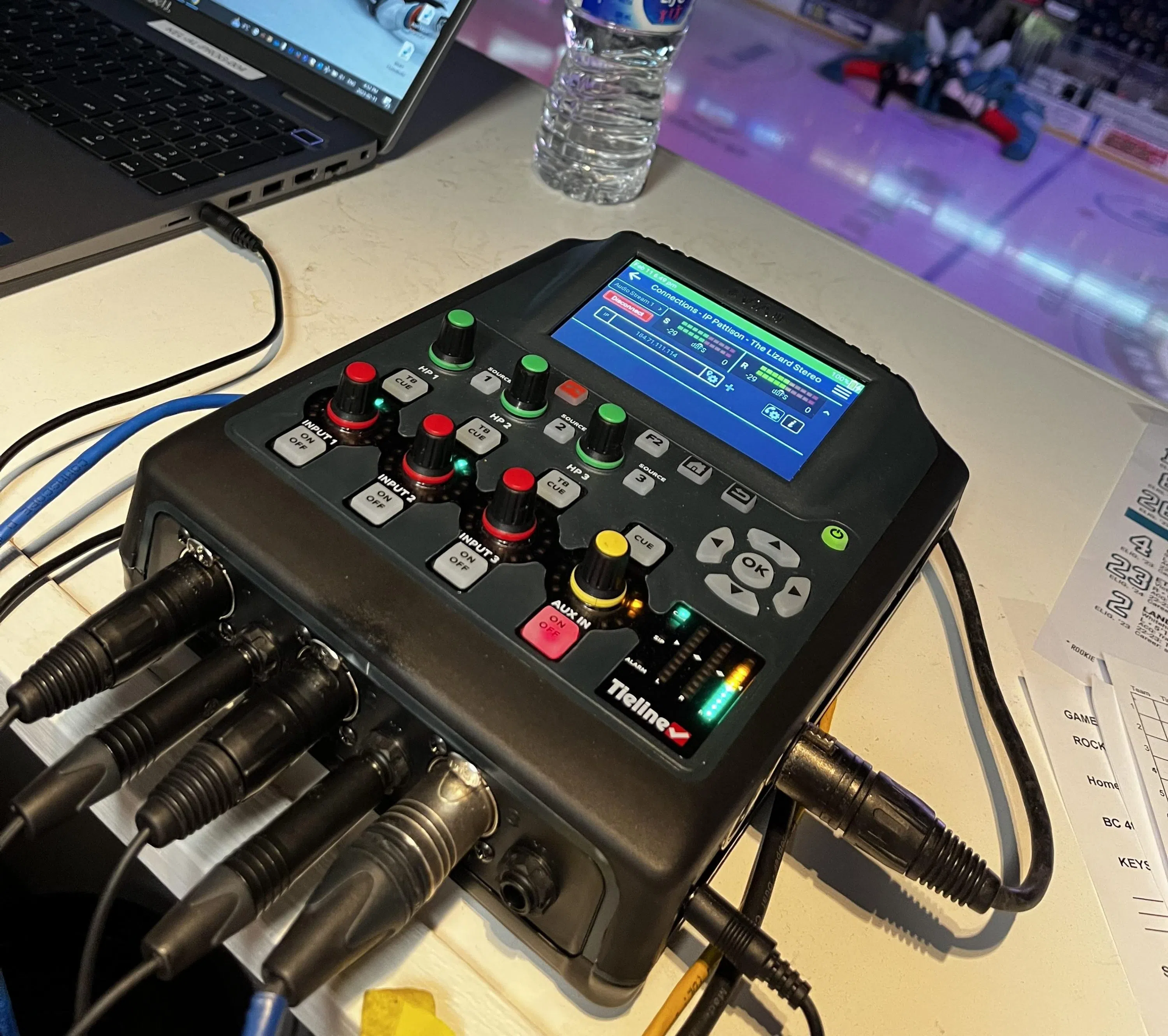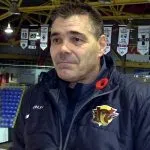
Why athlete stories should never fade
There was a time when getting into sports journalism was not about going viral, or chasing clout with hot takes. It was about telling stories.
Not just the scores and stats, but the human side of the athletes we cover. What drives them? What shaped them? What failures and doubts have they carried, and what moments still keep them up at night?
That is the stuff that used to matter.
But somewhere along the way, it feels like we have lost that.


Thanks for all that you do, Regan! My parents exposed me to Rockets hockey at ‘Skyreach Place’ in the early 2000s when I was just a little one, and becoming a superfan certainly wouldn’t be the same without your post-game broadcasts on the way home through the years and recently here; your insights and stories behind the scenes! 2004 was such a fond memory, and I’m beyond excited to see the team host once again 🙂